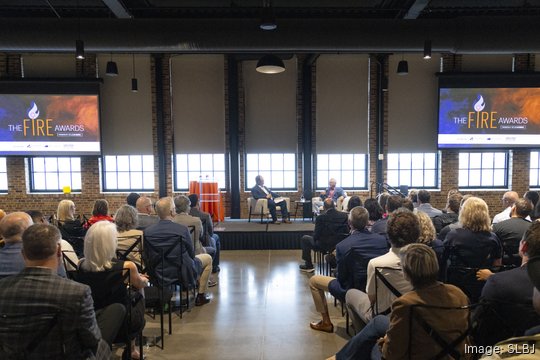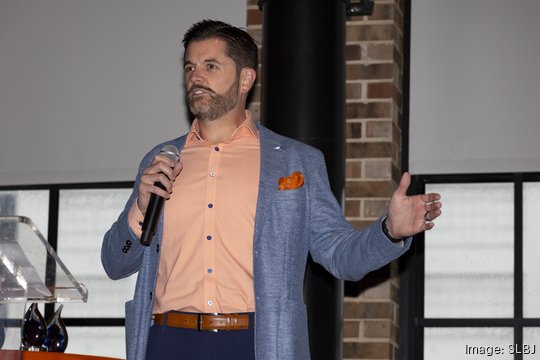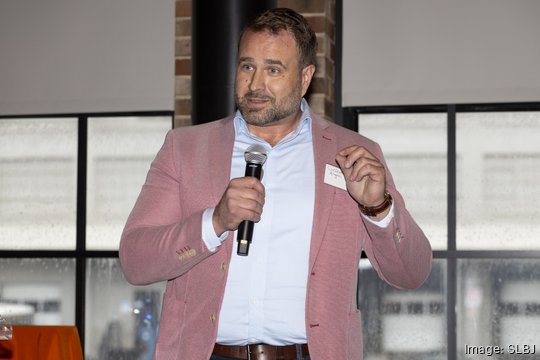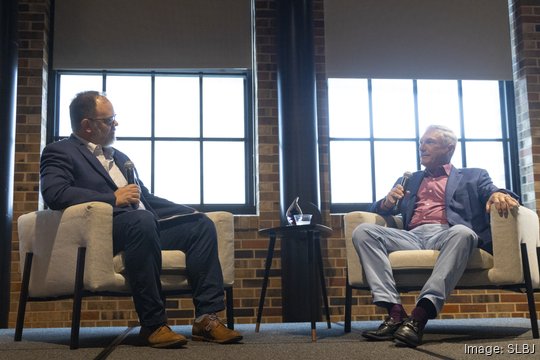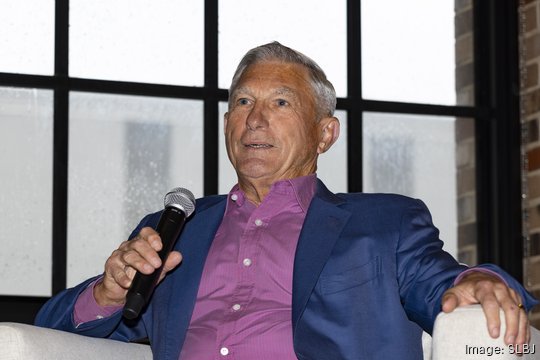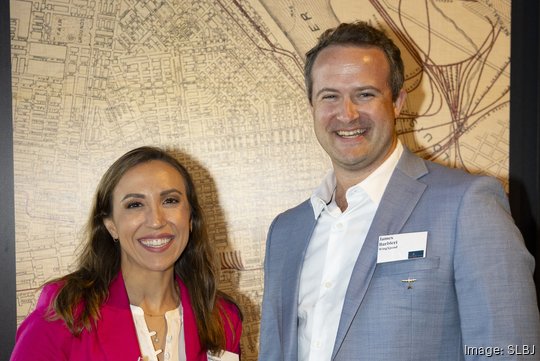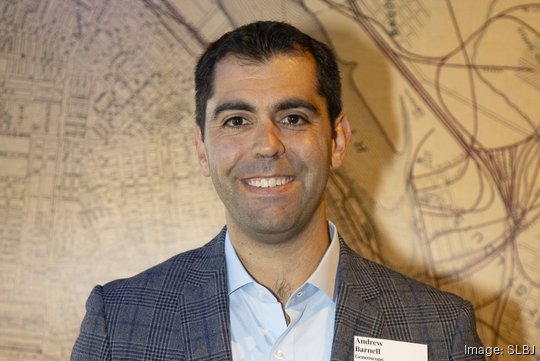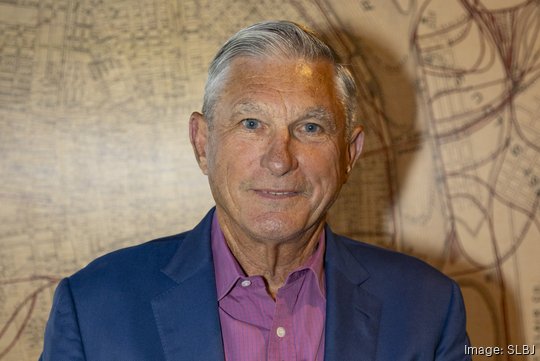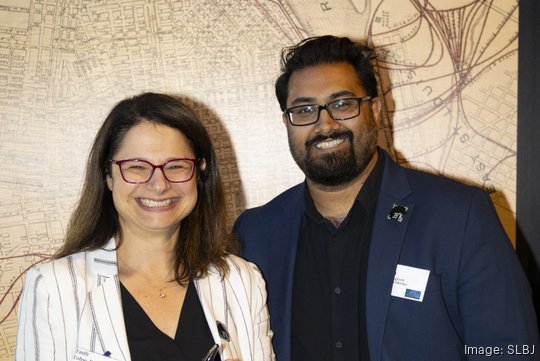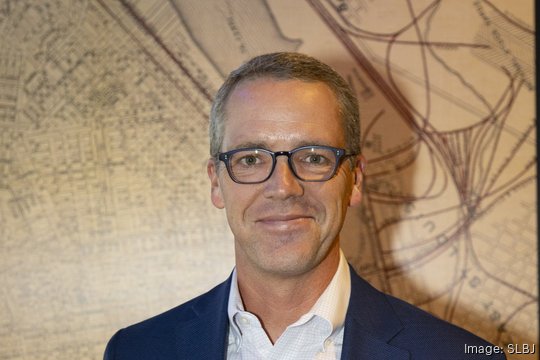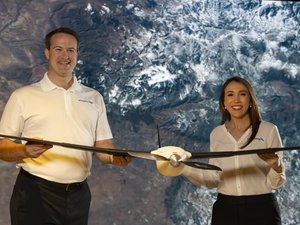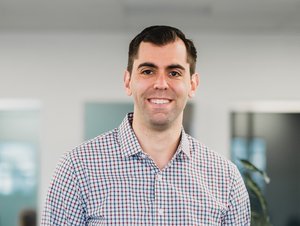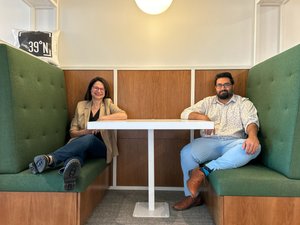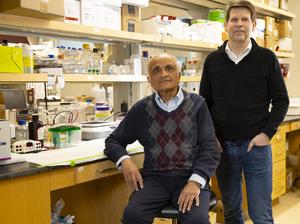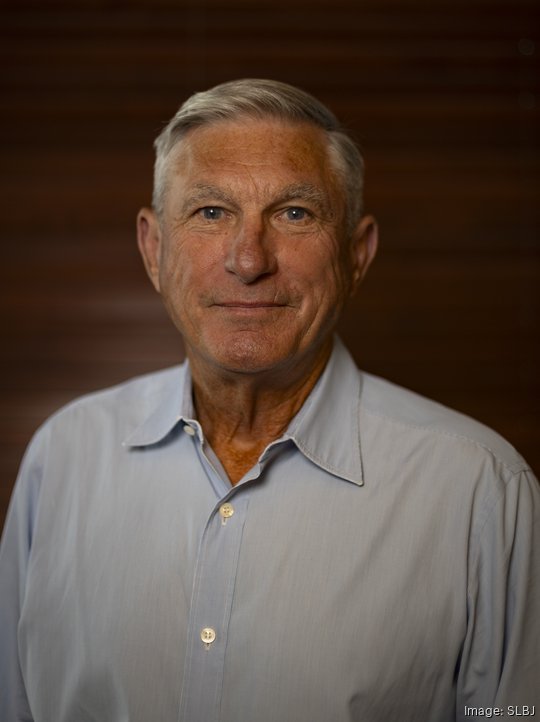
Legacy Entrepreneur Award
Jerry Kent didn’t aspire to be an entrepreneur, at least not at first. He began his career as an accountant, but when a client in 1983 asked him to join a newly formed cable television company, Kent said yes. It was the start of a career in entrepreneurship that continues today.
Kent, who co-founded telecommunications firm Charter Communications (NASDAQ: CHTR), got his start in technology at Cencom Cable. He led mergers and acquisitions at Cencom and became its chief financial officer, departing the firm after its sale to Hallmark Cards in 1991. Kent served as Charter’s CEO, overseeing its initial public offering in 1999. He stepped down from Charter in 2001.
Shortly after his departure from Charter, Kent founded investment and technology management firm Cequel III. The firm previously managed Suddenlink Communications, which was acquired in 2015 by European telecom company Altice for $9.1 billion. Cequel III’s portfolio includes St. Louis-based TierPoint, an information technology services provider and data center operator that’s led by Kent. TierPoint has grown into one of St. Louis’ largest privately held companies, with 2022 revenue of $472 million.
While Kent has operated several different companies, he said a common theme has driven positive results through his career.
“I firmly believe that customer care – and how we use technology to serve our customers – is the single-most critical factor that determines success,” he said. “I often say that business complexity is growing geometrically, as the pace of technological change accelerates. Even so, you can still boil business success down to one simple proposition: Take better care of your customers than your competitors, and you win."
See photos from the 2024 Fire Awards event below:
2024 Fire Awards
How did you begin your entrepreneurial career? After graduating from Washington University in 1979, I joined Arthur Andersen and became a CPA. I had a number of media and telecommunication clients in TV, radio and cable. In 1983, one of my clients – the legendary entrepreneur Bob Brooks – asked me to join an upstart company called Cencom Cable. He wanted me to run mergers and acquisitions and offered me stock in the company. I was young, single, and a little naïve. So, I figured, if I was ever going to take a risk, that was the time to do it.
At Cencom, we grew the company to serve over 600,000 customers, including four acquisitions that consolidated the St. Louis market. But to take us to the next level of growth and investment, we needed a strategic partner with a strong balance sheet. We eventually found Hallmark Cards, which acquired Cencom in 1991. That was the beginning – and it has been an incredible ride since then, building a number of ventures in different industries, including wireless towers, long-haul fiber, a second and third time in cable, IT infrastructure, self-storage units, and more.
Who have been the biggest mentors in your career? My father was a mentor. He was also an entrepreneur, and I learned from both his successes and his failures. Among many other things, he taught me the value of never giving up. He also taught me the importance of choosing my business partners as carefully as I chose my spouses. In both respects – in finding Judy, my wife of 36 years, and in having had the chance to work with some remarkable people – I consider myself extremely fortunate.
Bob Brooks, whose invitation to join him at Cencom kicked off my entrepreneurial career, was another major influence. He taught me entrepreneurial skills in launching new companies – and most importantly, how to attract top-notch managerial talent. The most significant, long-term mentor for me was Howard Wood. He hired me out of college, and we worked together at Arthur Andersen. He eventually followed me to Cencom, co-founded Charter with me and another partner, and he also joined me and our long-time legal counsel Dan Bergstein in forming Cequel III. Howard understood and taught me the importance of company culture, of building a business on time-honored principles and instilling those principles in everyone who worked with us; principles like family, honesty and integrity, taking pride in our work, and yes, customer service.
What’s been the biggest challenge during your career as an entrepreneur and how did you overcome it? There have been several challenges. One of the biggest was my departure from Charter.
In 1998, I met the co-founder of Microsoft, Paul Allen. He had a wired-world vision, in which he believed cable had a structural and technological advantage in delivering Internet and interactive services. So, Paul merged his other cable holdings into Charter; we completed several acquisitions together, grew the company to serve over 7 million customers, and I continued as CEO. We were also No. 1 in the industry in organic customer growth, which made us very attractive to investors. And so, in 1999, we took Charter public in what was then the third-largest IPO in U.S. history.
Everything seemed to be going great. In addition to leading the industry in organic customer growth, our revenue and cash flow growth were stellar. And our stock was the best performing stock in the industry at the time. But, despite all we accomplished in a few short years, my relationship with Paul Allen eventually soured. We didn’t see eye-to-eye on a number of tactical and strategic issues. It was really tough to leave the company I started, the great people who helped me build it, and the public shareholders who supported me. But it was time to go. And so, after the tragic events of 9/11 – which had a big impact on how I prioritized things in my life – I announced my resignation and left in late September 2001.
As taxing as that experience was – as difficult as it was to leave a company and management team in which I had invested a lot of heart and soul – it was the right thing to do. Importantly, it was my departure from Charter that led a few months later to the formation of Cequel III. And at Cequel III, we’ve been really fortunate to be successful in several businesses that have employed thousands of people and earned great returns for our investors.
You’ve been part of several successful companies and could retire if you wanted. Why is it important for you to keep going as an entrepreneur? Age – as we’re told – is largely a state of mind. And that’s so true. I now have several decades of entrepreneurial experience under my belt, but I’ve never been more energized or enthusiastic about getting up in the morning and going to work. One of the reasons for that: I get to collaborate with a fantastic team of people and a very talented group of managers – many of whom I’ve had the good fortune to work with, side-by-side, across several companies. The opportunity to work with them – and achieve success together – is what keeps me going. I’ve been really fortunate to gain experience in a number of businesses and learn valuable lessons from some great business people, and it would be a waste to just ride off into the sunset.
What’s your advice to young entrepreneurs who are starting companies today in St. Louis? First, invest in your people. You’re only as good as the team that surrounds you. Next, recognize the value of forming a business in this region. We have our challenges, but St. Louis is still home to world-class cultural institutions, leading universities, and an unparalleled pool of human resources – remarkably talented people who embody the Midwestern work ethic.
Also, never forget the value of superior customer service. As I said before, you can still boil business success down to one simple proposition: If you take better care of your customers than your competitors, you win. Finally, I’d re-iterate the advice my father gave me: Choose your business partners as carefully as you choose your spouse. That will go a long way toward determining your future path.
